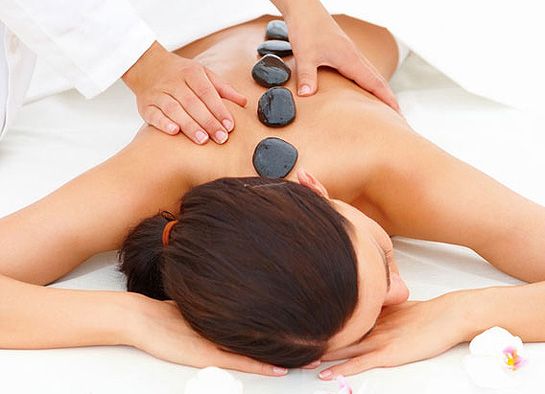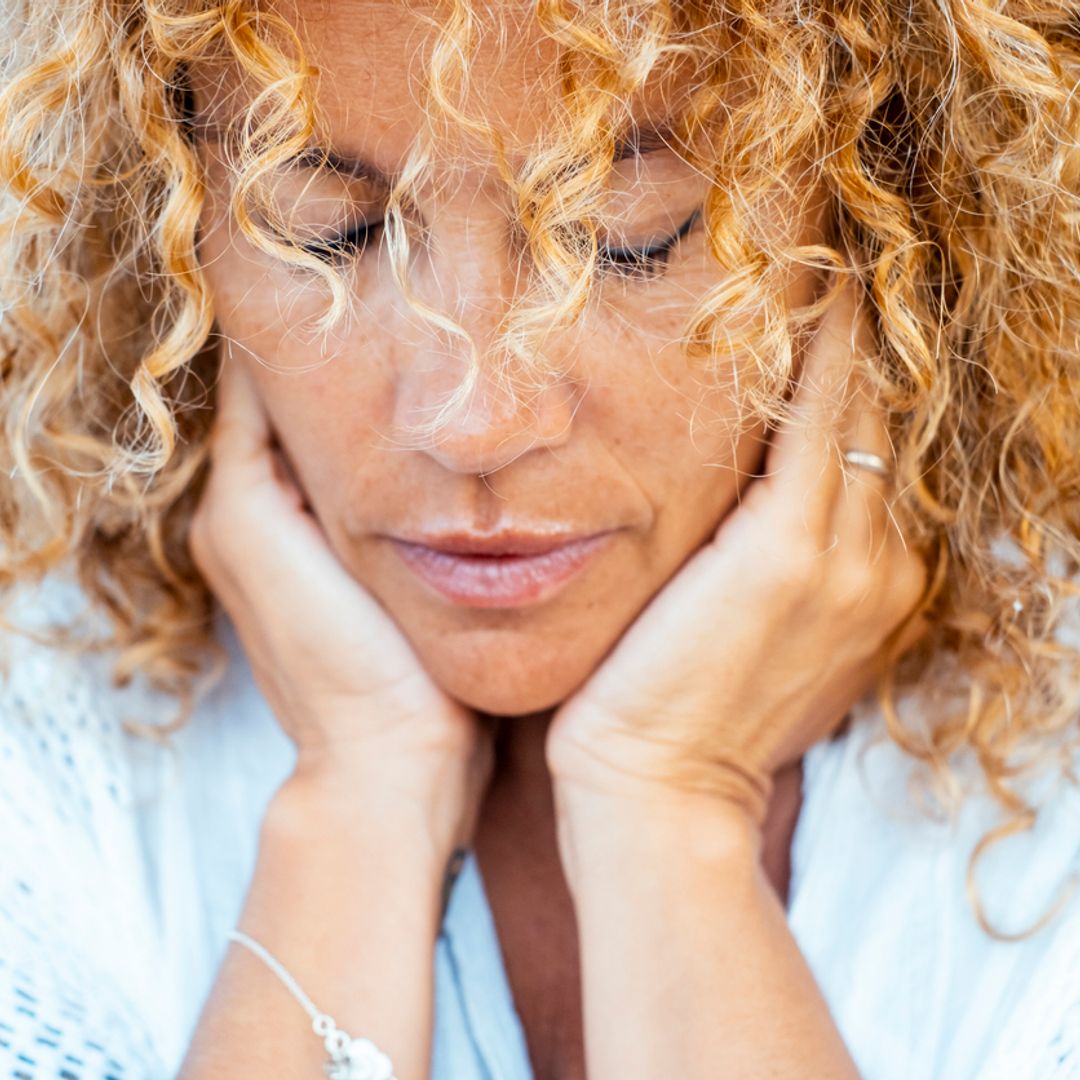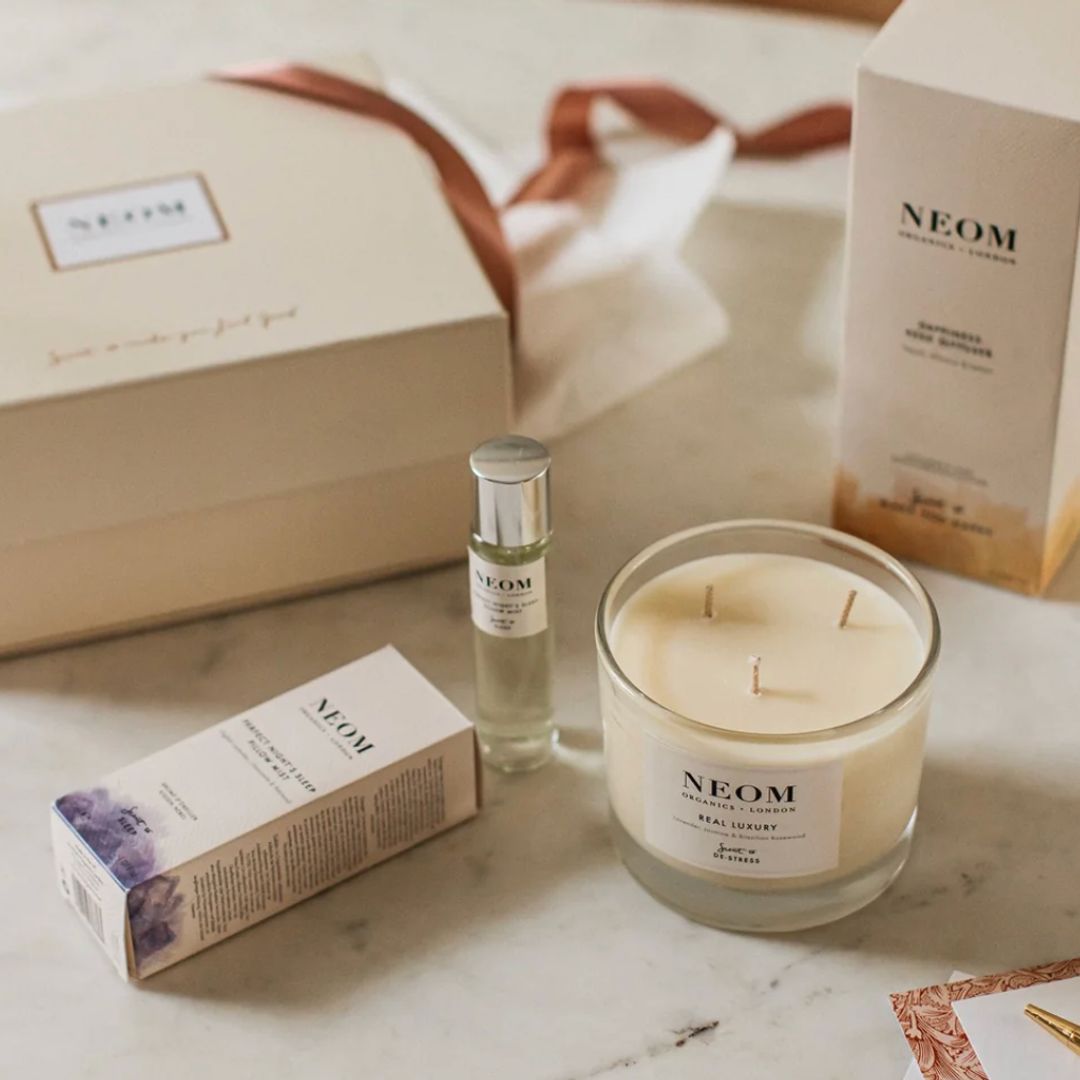The traditional pumice stone may not rate high in the glamour stakes, but other volcanic stones are now playing a leading role in one of the latest beauty treatments: they have become an essential part of an increasingly popular spa treatment, called hot stone or geothermal therapy, which combines traditional massage techniques with heated stones placed on the body's energy points and meridians.
Although it's a technique that has long been used in rituals by healers from ancient civilisations all round the world, geothermal therapy has recently become one of the latest trends in the modern world of beauty and relaxation. The idea of an all-over massage with stones may sound odd, but hot stone therapy can be combined with other techniques to provide a complete treatment that is a delight for the senses, which no doubt explains why it is now one of the most popular treatments at many spas.
There are a number of variations on hot stone therapy, but they share one common aim: to reduce muscle tension and stimulate circulation by activating energy points. Another thing that all the various versions of the therapy have in common, of course, is the starring role of stones of different shapes and sizes.
They are usually basalt, a volcanic stone that contains iron oxides, making it good at retaining heat. The stones tend to be flat and smooth; often they come from river beds where they have been shaped and smoothed over time by the flow of the water, and some therapists seek their own stones from rivers, lakes and forests according to their own specific requirements.
After heating to a carefully controlled temperature, stones are placed at specific points on the body, particularly on the back, and slowly release their warmth, helping to relax the muscles, allowing the therapist to achieve a deeper and more effective massage. In some of the treatments, not all the stones are heated as the alternate application of heat and cold stimulates circulation.
We all know how comforting and relaxing a hot water bottle can be for backache and stomach cramps, so perhaps it's not surprising that experts believe hot stone therapy can be beneficial in relieving muscle aches, as well as encouraging relaxation and reducing physical and mental stress.
The stones may be moved during the treatment session, to complement the massage and the pressure of the therapist's hands. Hot stone therapy is usually part of a complete body massage, including face and neck, and sometimes other techniques such as aromatherapy and chromotherapy are also used, resulting in a holistic experience which is a delight for all the senses.








